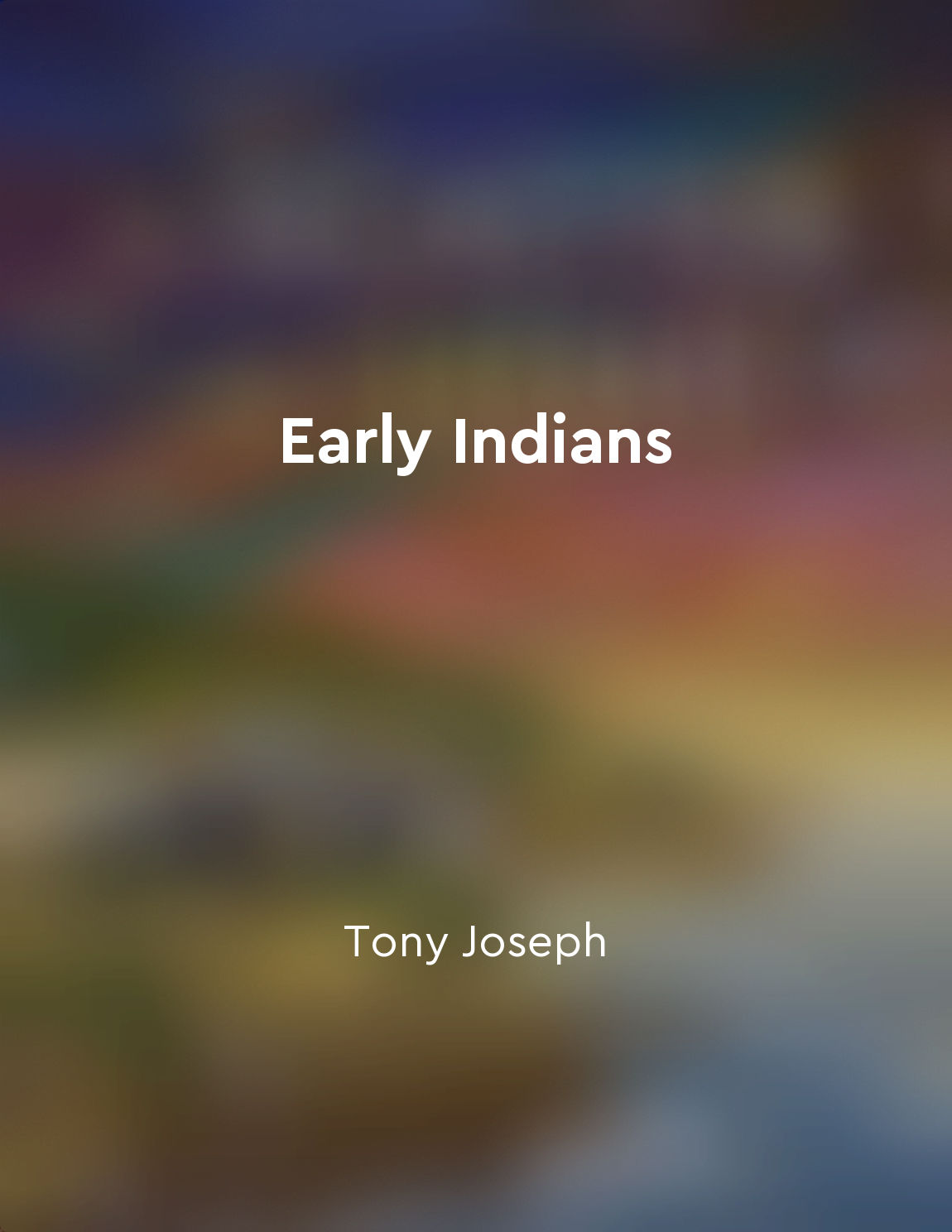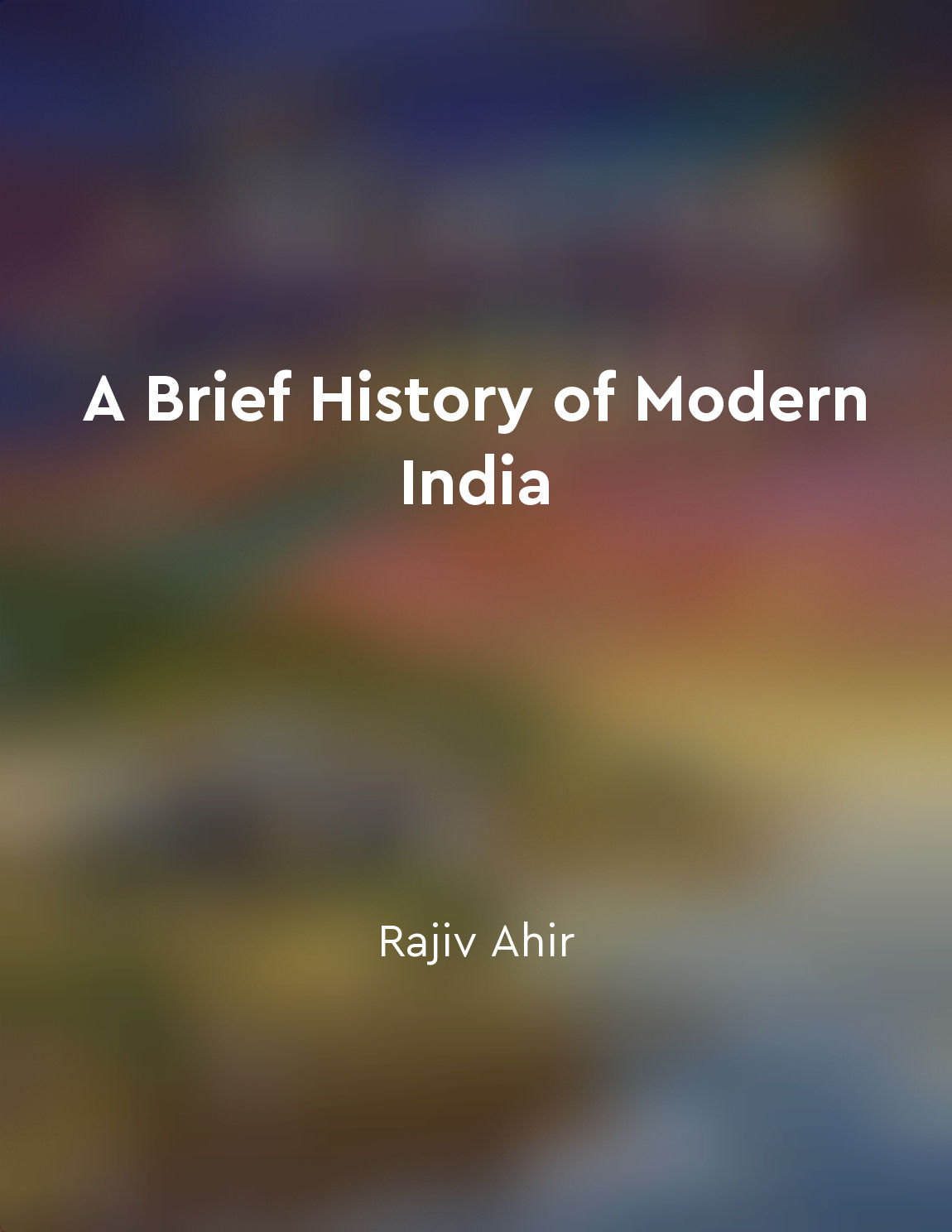Audio available in app
Indian politics are characterized by regionalism and diversity from "summary" of The History of India by Mountstuart Elphinstone (Hon.)
The political landscape of India is marked by a rich tapestry of regional identities and diverse cultural traditions. This diversity is a defining feature of Indian politics, shaping the country's political dynamics and governance structures. The concept of regionalism plays a significant role in Indian politics, as different states and regions within the country have unique histories, languages, and cultural practices. This regional diversity often leads to the formation of regional political parties that cater to the specific needs and interests of their respective regions. These parties play a crucial role in shaping the political landscape of India, influencing government policies and decision-making processes. Moreover, the diverse religious and linguistic demographics of India further contribute to the complexity of its political landscape. The country is home to a multitude of religions, including Hinduism, Islam, Christianity, Sikhism, and Buddhism, among others. This religious diversity often intersects with regional identities, creating a complex web of political allegiances and affiliations. In addition, the linguistic diversity of India is another defining characteristic of its political landscape. The country is home to over 1,600 languages, further complicating the process of governance and administration. Language often serves as a powerful marker of identity and belonging, shaping political discourse and mobilization strategies in different regions of the country.- The regionalism and diversity that characterize Indian politics reflect the country's complex social fabric and historical legacy. Understanding and navigating this diversity is essential for policymakers and political leaders to effectively govern a country as vast and varied as India. It is this intricate interplay of regional identities, cultural traditions, and religious and linguistic diversity that defines the unique political landscape of India.
Similar Posts

Language distribution reflects ancient migration patterns
The distribution of languages in India today is not random but is closely linked to the movements of ancient populations. Vario...

Challenges of poverty and inequality
The challenges posed by poverty and inequality have been central to the Indian experience in the modern era. These issues have ...
The concept of moksha represents liberation from the cycle of rebirth
The concept of moksha is central to the religious beliefs of India. It is believed that through moksha, one can attain liberati...

